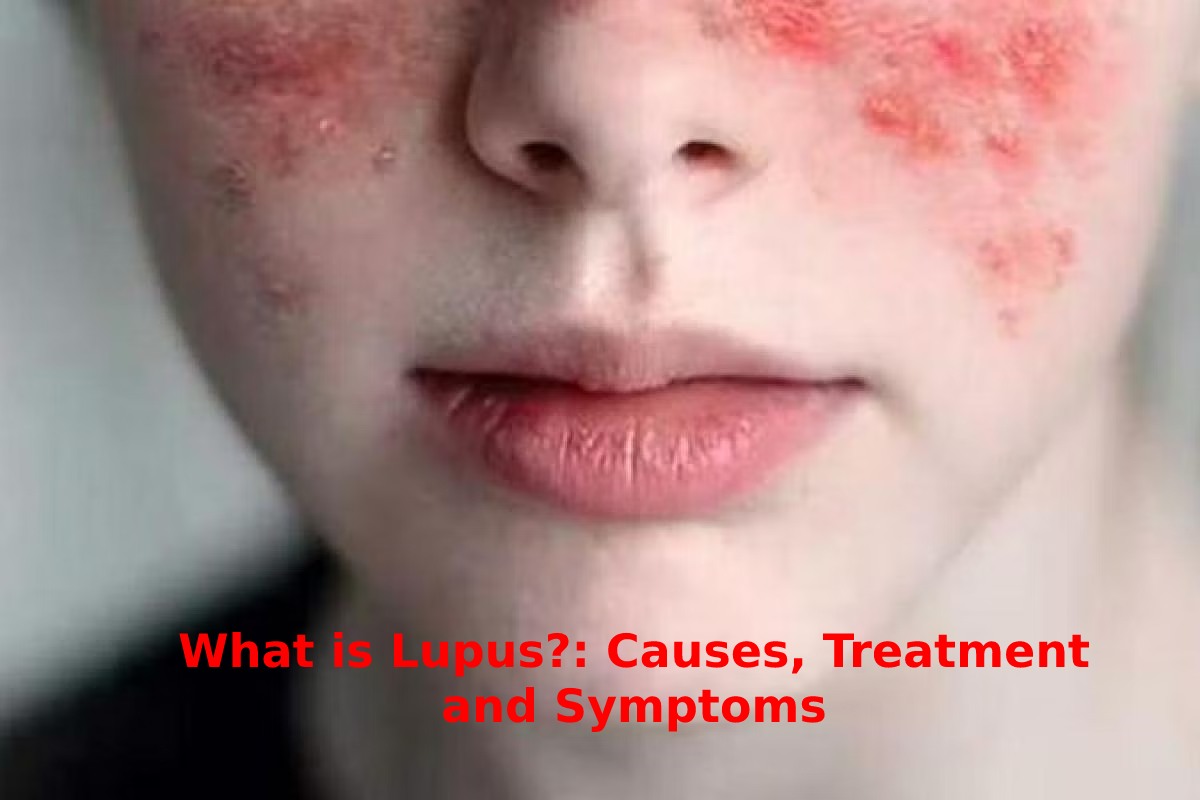Table of Contents
Introduction
According to the Lupus Foundation of the US, lupus is an autoimmune disease that affects around five million people worldwide. This pathology develops more in female patients. Statistics indicate that “9 out of 10 adults with lupus are women”.
A large number of people who suffer from it suffer from other autoimmune diseases, which aggravates their clinical picture. In this article we will explain what lupus is, its causes and treatments.
What is Lupus?
It is a chronic autoimmune disease in which the body itself attacks healthy cells and tissues of the body. As a result, it can cause various health problems, damaging the joints, lungs, kidneys, heart, and brain. In addition, it can cause a lot of pain.
It is a pathology that usually develops between the ages of 15 and 44. It is known as “the great imitator” because its symptoms are similar to other diseases. Therefore, it can be said that it is a complex and challenging disease to diagnose.
Symptoms of Lupus
The symptoms of lupus can vary from one patient to another. Generally, each patient experiences this disease exclusively and uniquely since its symptoms can be different from one patient to another.
In addition, there are different types of lupus, so that the symptoms can be variable. Despite this, we will highlight the most common symptoms.
- Skin rash on the face, similar to the wings of a butterfly.
- Extreme tiredness or fatigue
- Fever
- Sensitivity to the sun (lesions).
- chest pain when breathing
- hair loss
- Headache, joint, muscle.
- Purple hands and feet.
Symptoms can be mild or severe. They can develop abruptly and suddenly. These episodes are known as “flare-ups” they usually activate in certain seasons and disappear completely or for several months or even a couple of years.
Symptoms largely depend on the affected organ. For example, if you have pain when you breathe, perhaps lupus is attacking your lungs. Therefore, the signs in this clinical picture will be different from those of those facing kidney problems.
What Causes Lupus?
The causes that cause the development of lupus are not known. However, scientific research indicates that certain factors can favour its development. For example, until now, it has been concluded that autoimmune diseases are related to genetic influence, so it is suspected that lupus can be inherited.
On the other hand, some specialists have indicated that lupus may be caused by epigenetics, a response to certain hormones such as estrogen. Environmental factors and exposure to viruses have also been discuss.
Who is at Risk for Lupus?
Lupus is a disease that affects all kinds of people, including children. However, some have a higher risk of suffering from it.
- Youths: Although pediatric patients have this disease, they are very atypical and unusual cases. The most significant risk for developing lupus ranges from approximately 15 to 44 years.
- Women: According to the Spanish Federation of Lupus, “90% of diagnosed cases are women”. According to the same report, the most susceptible population are African-American and Hispanic women.
- Background: People with a family member with this disease have a higher risk of developing it.
Treatments of Lupus
This disease has no cure. However, some treatments can improve a patient’s quality of life. It is important to note that treatment may vary throughout life. It adapts according to the symptoms that the patient presents.
By the way, an effective treatment today may not be effective in a few months, so it is imperative to attend medical appointments to adjust the treatment dose or even suspend it if necessary.
The most common treatments are the following:
Nonsteroidal Anti-Inflammatory Drugs (NSAIDs)
The specialist prescribes anti-inflammatories such as naproxen sodium and ibuprofen to reduce inflammation and muscle pain.
Biological
The specialist doctor prescribes intravenous treatments to control certain severe conditions.
Antimalarial drugs
Certain treatments to combat malaria can be effective in palliating some outbreaks of the disease.
Corticosteroids
When the patient experiences organ problems, such as the kidneys or even the brain, the doctor must adapt the corticosteroid treatment to reduce inflammation.
Conclusion
lupus is a severe and very complex disease. However, maintain good communication with the specialist. You can achieve a good quality of life and even enjoy a life expectancy similar to that of the rest of the population.
